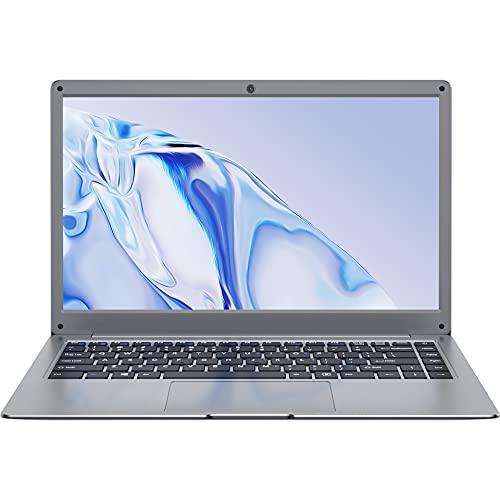In a publication on its official website, Microsoft explains how its engineers are developing the Edge browser to make it more efficient.
The firm thus intends to soon deploy a new version of its browser which continues to exploit the Chromium base, but which will be equipped with unique functionalities, with in particular the automatic compression of the cache which should both make the browser more responsive, but also to have less memory impact on the host PC.
Microsoft is tackling one of the biggest problems with Google’s browser, Chrome, here. The latter is currently the most used in the world, but over the years it has also become a real gas plant and is particularly resource-intensive.
Chrome can thus gobble up a staggering amount of RAM: the volume easily exceeds GB with 3 active tabs and expands without any limit other than that of the RAM available on the machine that hosts it.
If Chrome is heavily criticized for this situation, it seems that Google is unable to resolve it… Microsoft hopes to achieve this with Edge to offer it an argument allowing it to take advantage of a switch from users.
The automatic compression of cache data should allow Edge to continue to be responsive by avoiding having to reload data that has already been consulted, while limiting its footprint on the PC.
This option should also allow Edge to perform better on PCs with modest configurations, especially notebooks.
The new feature will roll out to Edge 102 in its Windows version before later rolling out to iOS and Android versions of the browser.
.
The post Microsoft wants to speed up Edge with automatic cache compression appeared first on Gamingsym.

